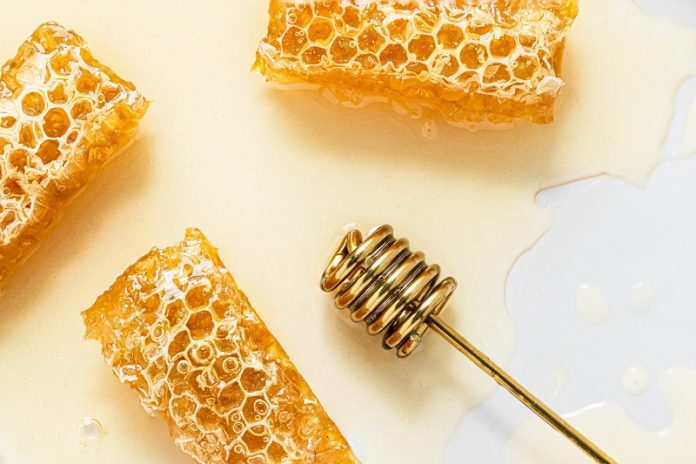
Artificial sweeteners like aspartame are often used as a sugar substitute to cut calories and manage weight.
However, a new French study suggests these sweeteners might be linked to a higher risk of cancer.
The study, led by researchers at the French National Institute for Health and Medical Research, looked at the eating habits and health data of over 102,000 adults in France.
The data came from an ongoing online study that started in 2009. People involved in this study provided information about their diet, lifestyle, and overall health.
The researchers found that those who consumed more artificial sweeteners, especially aspartame and acesulfame-K, faced a higher risk of getting cancer than those who didn’t use these sweeteners at all.
The study even considered other things that might affect cancer risk like age, sex, smoking, physical activity, and diet.
Why Should We Be Concerned?
Although this is not the first study to examine the safety of artificial sweeteners, it does add to growing concerns about their effects on our health.
Many people use artificial sweeteners in their daily life, thinking it’s a healthier alternative to sugar. They’re commonly found in diet sodas, sugar-free snacks, and low-calorie meals.
However, this study challenges the idea that these sweeteners are a safe option. The research points out that people who used artificial sweeteners had a 13% higher risk of developing cancer.
The risk was even higher for specific types of cancer like breast cancer and obesity-related cancers.
Takeaways and Limitations
It’s important to note that this was an observational study, meaning it can’t prove that artificial sweeteners cause cancer. Also, people in the study reported their own eating habits, so there might be some errors there.
Most participants were women and generally had a higher level of education, so the findings might not apply to everyone.
Still, the study’s authors say their results should make us reconsider using artificial sweeteners as a “safe” sugar substitute.
They believe this new information should be taken into account by health authorities around the world who are currently reviewing the safety of these additives.
So, before you reach for that next diet soda or low-calorie dessert, it might be worth considering the potential risks.
Further research is needed, but for now, moderation might be the best approach when it comes to artificial sweeteners.
If you care about cancer, please read studies that artificial sweeteners are linked to higher cancer risk, and how drinking milk affects risks of heart disease and cancer.
For more information about nutrition, please see recent studies about the best time to take vitamins to prevent heart disease, and results showing vitamin D supplements strongly reduces cancer death.
The research findings can be found in PLOS Med.





